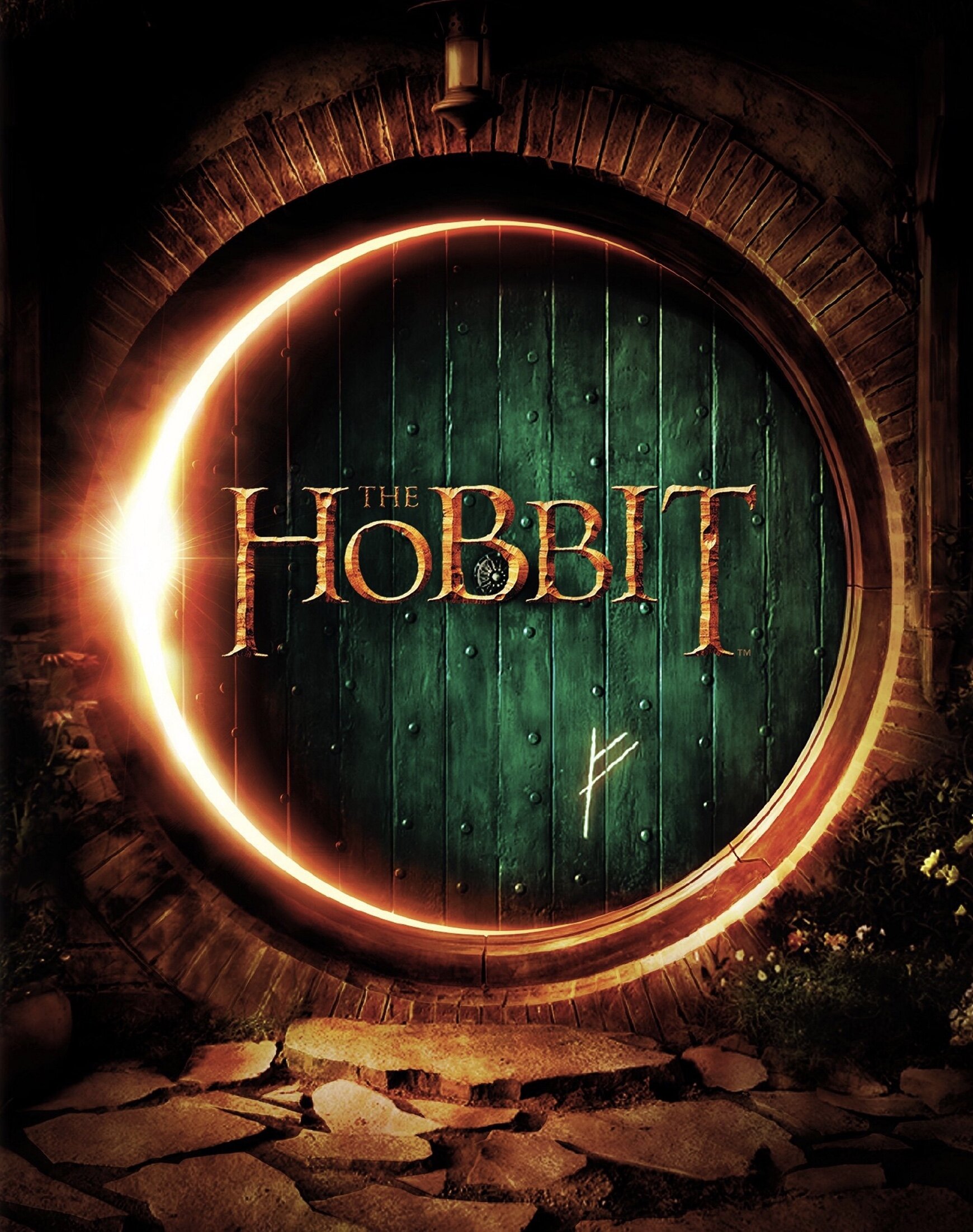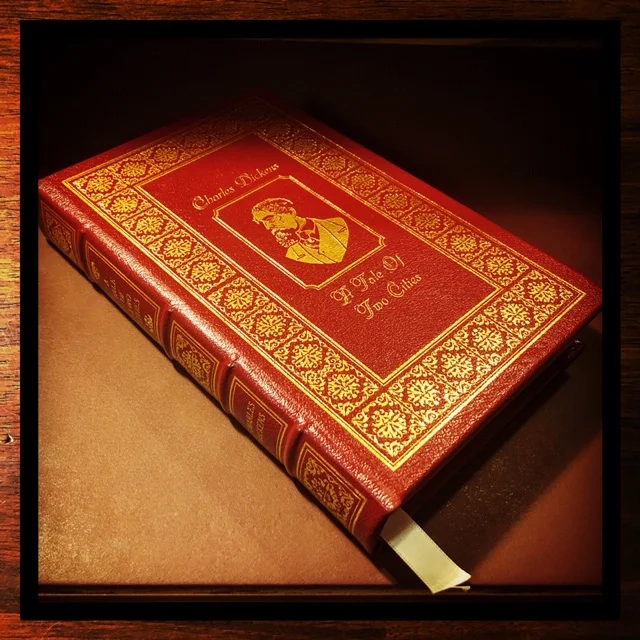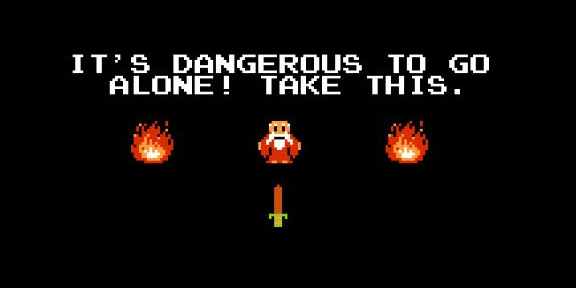______________________________
I recently rewatched the extended edition trilogy of The Hobbit films with a group of friends in a single day. It was a feat surpassed only by carrying the One Ring up the flaming, jagged slopes of Mount Doom. I had only ever seen each of the films once, when they each premiered in theaters. I didn’t remember them fondly.
Upon this viewing, my opinion has changed. An Unexpected Journey, The Desolation of Smaug, and The Battle of the Five Armies are very good films with some glaring problems. The action sequences are bloated. There is a cartoonish nature to some sequences that does not match the somber and serious tones of other scenes - it does not strike the natural balance between light-hearted and heavy-hearted moments that the Lord of the Rings films did. And in general the films simply go on for too long.
I made the comment that I would love to go in and recut the entire trilogy into an eight to ten episode series of Chapters, which I think would make it much more enjoyable to watch, diminish the feeling of bloat, and remove some of the awkward problems of where the films end and begin.
All in all, this was an excellent opportunity to revisit films to which I’ve wanted to return for quite a while, and I was pleasantly surprised to find them better than before.
Which brings me to the heart of the matter.
________________________________
H O M E
At its heart, The Hobbit is a story about home, embodied in two protagonists.
First there is Bilbo Baggins, who is compelled to leave his home to embark on an epic quest. His is the Call to Adventure, and like most protagonists - including ourselves - he Rejects the Call at first. But when his friends leave to embark on the journey without him, Bilbo realizes something for the first time: He is not truly satisfied in his hobbit hole.
How can this be? Certainly home is safe and comfortable. Adventure is dangerous and uncertain. As Bilbo himself says much later to another hobbit on the cusp of a great adventure, “It’s a dangerous business, Frodo, going out your door.”
But safety and comfort can be deceptive, leading us to mistake our place in the larger Story. Which is precisely what happens to Bilbo. He has been safe and comfortable for so long that he has forgotten his place in the wider world.
Until adventure literally comes barging through his front door. If one is paying any kind of attention, the call is irrefutable, undeniable.
Bilbo has been called to something greater.
Home is not enough. Though he does not know why.
But we’ll get to that.
Second there is Thorin Oakenshield, son of Thrain, heir to the great dwarven kingdom of Eribor. An heir without an inheritance, a king without a kingdom, a soul without a home.
Here we have a figure who once had a home but had it taken away, stolen by forces beyond his control. Once promised a kingdom, now that kingdom is lost.
So what does Thorin do? He gathers those closest and most loyal to him, and embarks on a quest to reclaim what is his by right. To retake the kingdom that was taken. To recover the home that was lost. To return to the land that was promised.
It is no accident that the kingdom is a mountain.
______________________________
T H E M O U N T A I N
Throughout history, mythology, literature, and scripture, the mountain has long stood as a symbol.
The mountain is the place where wisdom is sought from sages.
The mountain is where one communes with gods.
The mountain is where God gave Moses the ten commandments.
The mountain is where Christ’s glory is revealed in the Transfiguration.
Perhaps most symbolic is this:
Eden was once a garden upon a mountain.
In Bilbo Baggins, there is a sense that home is the place we belong, the place where we are safe and comfortable and happy. Truly we are all searching for that place.
In Thorin Oakenshield, there is a sense that home is a place we once dwelled but have now been separated from, cast out of.
So when Thorin, Bilbo, and the rest of the company embark on their quest, they journey ever onward toward a mountain. A mountain that is a symbol of paradise lost, a kingdom that once was and still might be, a home that was stolen but might yet be restored.
_________________________________
T H E L O N G I N G
Though their stories express it differently, Bilbo’s longing and Thorin’s longing are two vines from the same root.
We all long to belong. We all long to be safe and happy. We all long to be at home. This is Bilbo’s longing.
However, there is an important distinction to make between longing for a place to belong, and longing for the place to which we once belonged. A distinction between longing for a home, and longing for the home that was lost.
This is Thorin’s.
Together, Bilbo’s and Thorin’s longings show us the complete picture.
The deepest longings of our souls are embodied not only in looking forward to what might be, but looking back to what once was and is now no longer. Our existence is the thread that connects those two realities.
Everyone wants something greater. But it is the great mystery that we all carry within our chests a sense of once having had it.
We all sense the brokenness of the world. But for something to be broken, it must once have been in a state of unbrokenness. Whole, complete, and perfect.
The loss of paradise is buried deep within the soil of our souls. It is intrinsic to who we are. It is the root of the longing we feel. A root that first grew in the Garden on the Mountain.
The echoes of Eden whisper to us still.
It is the song that we know, but have never heard before. It is the echo of a tune that we have never heard. It is music from another room. It is the castle in the clouds. It is the city on the other side of the light. It is the light that shines through the cracks in the door. It is the wind through the keyhole. It is the shine of distant stars.
Perhaps C.S. Lewis expressed it best in Til We Have Faces:
“The sweetest thing in all my life has been the longing - to reach the Mountain, to find the place where all the beauty came from - my country, the place where I ought to have been born. Do you think it all meant nothing, all the longing? The longing for home? For indeed it now feels not like going, but like going back.”
_______________________________
T H E R E T U R N
Thorin’s journey toward the mountain is his Return.
He knows his home, and would regain it. But it is not easy.
What Thorin teaches us is this: Home is a Kingdom. And though it is a place that may seem like a shadow of its former glory, that Kingdom is a place worth fighting for. Even if it is a Kingdom that has not yet fully come.
We remember the Kingdom that once was, and fight for the Kingdom that will be. In so doing, we become the Kingdom, here and now.
But there is another Return.
At the end of The Hobbit, Bilbo returns to the Shire and lives there in safety, comfort, and relative happiness for many years. This would seemingly be the end of his tale. But we must zoom out to look at the whole picture.
There is more to this story.
Bilbo returns home and finds that home has changed. Or more importantly, he finds that he himself has changed. He is able to see his hobbit hole for what it is, and what it is not.
Remember at the beginning, when Bilbo realizes home isn’t enough? Now he knows why.
Home isn’t enough because it’s not really home.
As C.S. Lewis says in The Problem of Pain, “Our Father refreshes us on the journey with some pleasant inns, but will not encourage us to mistake them for home.”
Bilbo’s longing for home isn’t wrong. It’s just misplaced.
This is something C.S. Lewis writes intimately about in The Chronicles of Narnia, a story about children who discover another world, a world where they are kings and queens, a world that is more real than their own. They live complete lives there, until their own world seems like but a dream. And when they return to their earthly home, they spend the rest of their days looking for ways to go back.
Longing to return.
As C.S. Lewis himself says, “If I find within myself a desire which no experience in this world can satisfy, the most probable explanation is that I was made for another world.”
Tolkien knew precisely what his friend meant.
Because Bilbo’s tale does not end in the Shire. It does not end at the close of The Hobbit.
The last we see of Bilbo is at the close of The Return of the King. Bilbo leaves his earthly home and journeys to the Grey Havens. Beneath a sunset, he boards a ship to sail into the West, to live out his endless days in the Undying Lands.
He goes to find his True Home.
Bilbo’s story does not end in the Shire.
Our Story does not end on this earth.
There is a reason Bilbo names his story what he does:
There and Back Again.
It’s not enough to be at home here.
It’s not enough to leave home behind.
There is a Mountain that awaits us.
There is a Kingdom that is ours.
And there is a King upon the throne.
We were once there, can’t you feel it?
We have to return.
We have to go back.



